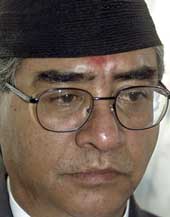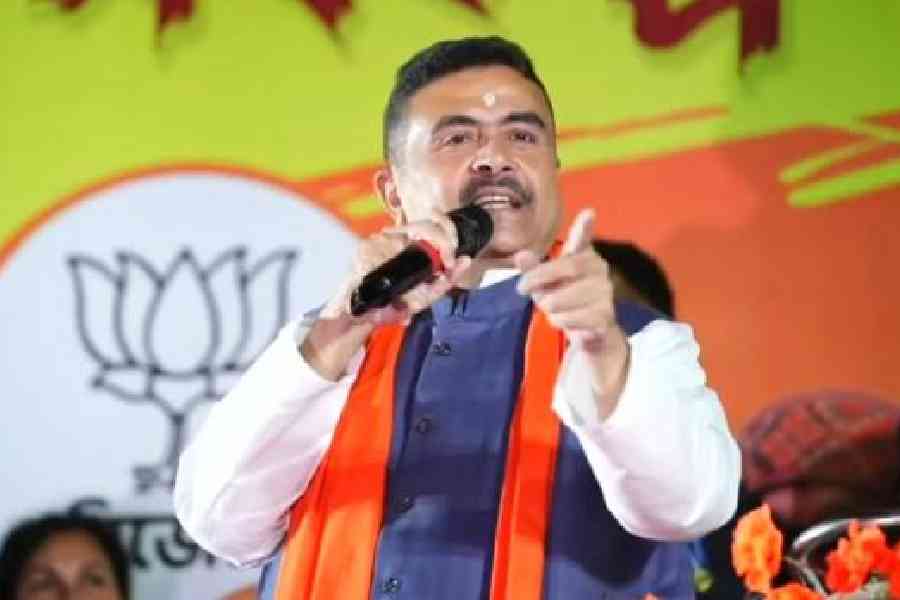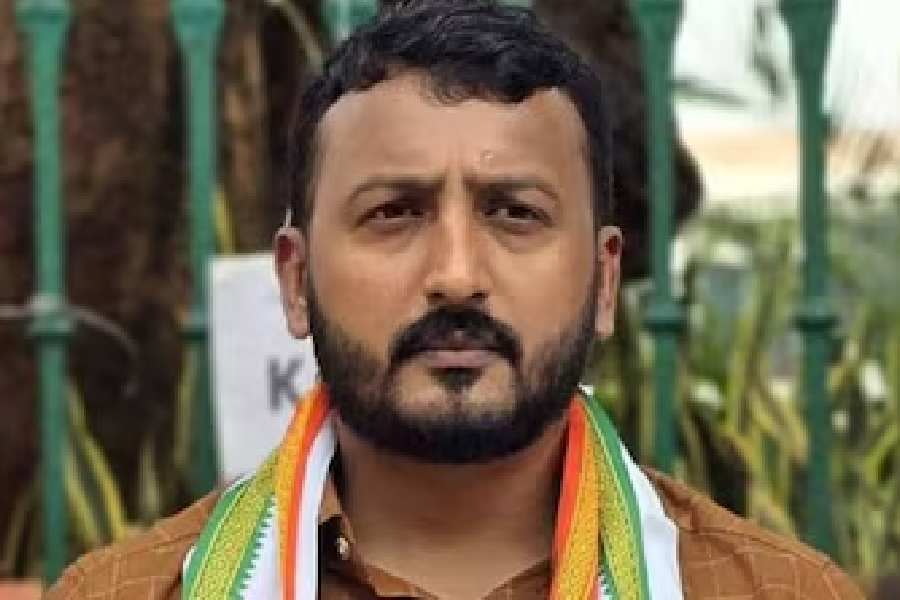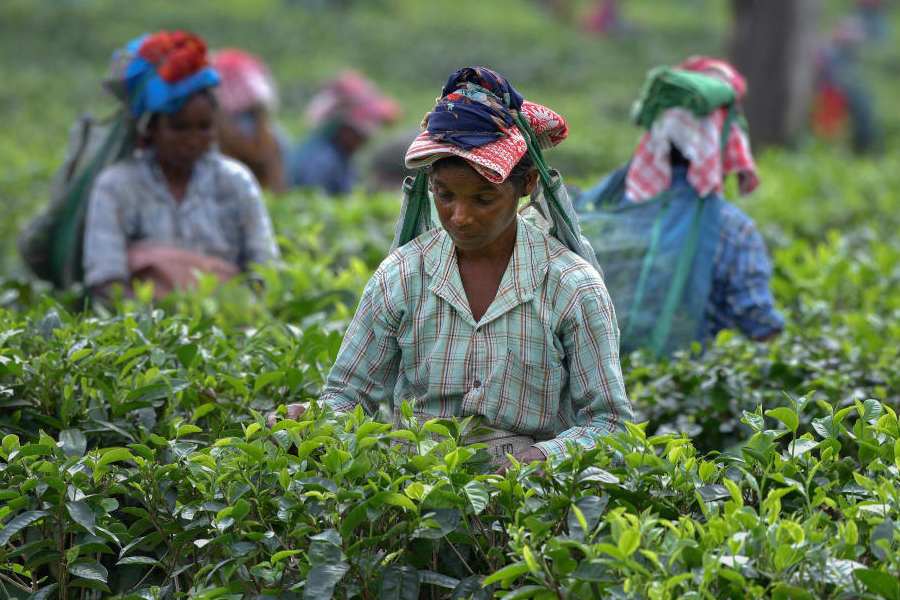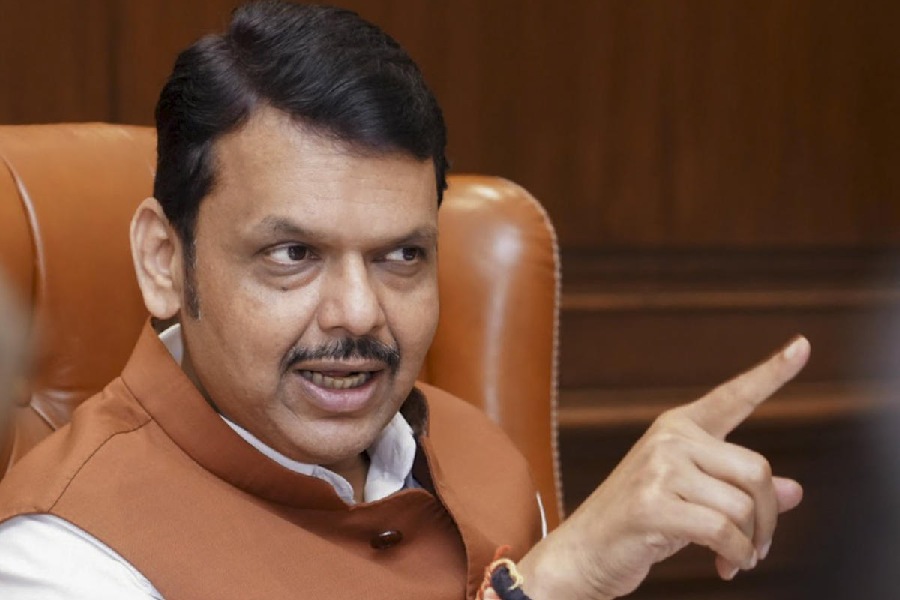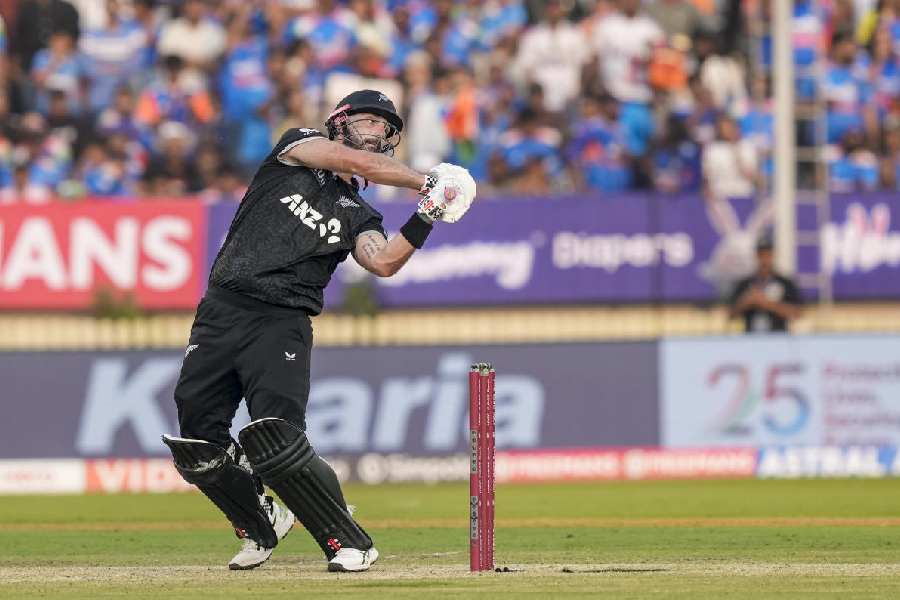 |
| Sher Bahadur Deuba |
Kathmandu, Aug. 25 (Reuters): Former Nepali Prime Minister Sher Bahadur Deuba, whose sacking last year sparked Nepal’s latest round of political instability, survived a rebel attack in the west of the country today, police said.
The attack on Deuba came as Nepal’s main political parties launched a campaign to force King Gyanendra to sack the current prime minister and appoint a new government.
Maoist rebels, battling the government since 1996, fired at Deuba’s convoy as he was travelling in Kailali district, 550 km west of Kathmandu, to meet villagers affected by the insurgency, police said. Deuba’s car was hit by gunfire but he escaped unhurt, police said.
King Gyanendra fired Deuba and appointed a royalist in his place last October in a row over the timing of a general election that the rebels had threatened to disrupt.
Nepal’s main political groups have been protesting the move ever since and said today they would step up their campaign and expected tens of thousands of people to converge on Kathmandu from September 4.
“We will launch a forceful and decisive protest movement,” Subash Nemwang, a senior leader of the Communist Unified Marxist-Leninist (UML) party, Nepal’s second-largest party, said. “We will bring the capital to a standstill.”
A similar campaign in 1990 ended decades of absolute monarchy and set up parliamentary democracy in the poor Himalayan nation wedged between India and China.
The political crisis is the latest to hit Nepal. Former King Birendra and eight other members of the royal family were killed by a drunken crown prince Dipendra, who then killed himself, in 2001, bringing Gyanendra to power.
Efforts to end the Maoist revolt, aimed at abolishing the constitutional monarchy and introducing communist rule, have proved fruitless. Last week the government and the rebels ended peace talks because of differences over a rebel demand for elections for an assembly to prepare a new constitution to define the king's role.
Sporadic clashes between government troops and the insurgents have continued despite a January truce and 10 rebels were killed in a fresh battle with security forces on Sunday, an army officer said. At least 17 guerrillas were killed in clashes last week.
Nemwang, speaking on behalf of Nepal's five main parties, said their protest would continue until the monarch appointed their nominee as prime minister or revived parliament, which was dissolved last year.
The government urged parties to reconsider their plans, saying the protests could turn violent and the Maoists could use them to stir up trouble.
”The government is ready to discuss their demands in a meeting,” Information Minister Kamal Thapa told reporters.
Speaking before news of the attack on Deuba, Thapa also said the government would not break the ceasefire with the rebels and urged the Maoists to return to negotiations.
The country's mainstream political parties seek a reduced role for the king but reject the Maoist violence in which more than 7,200 people have been killed.

